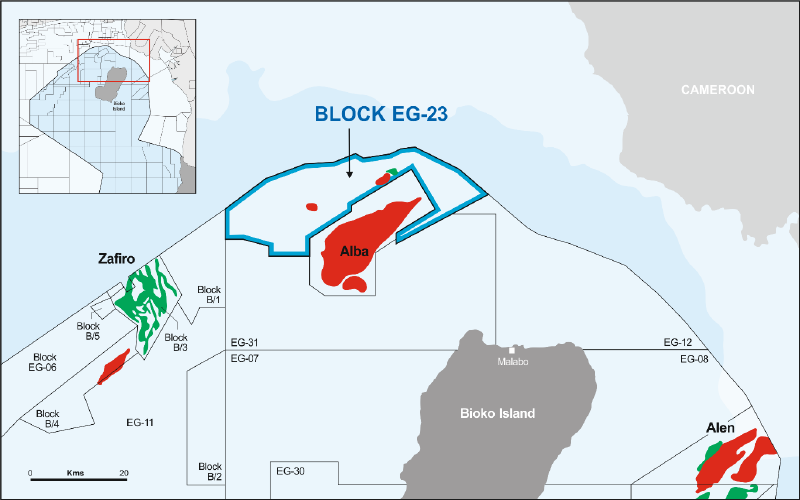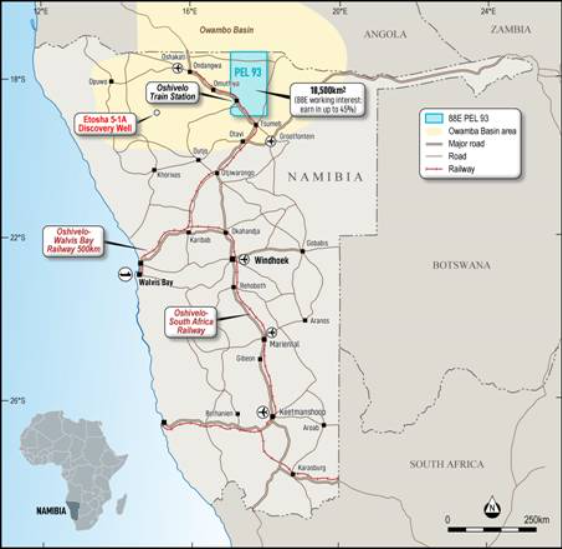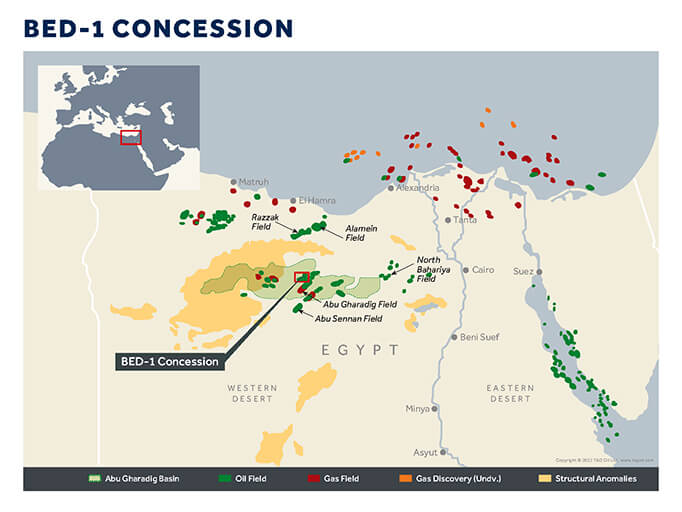Uganda’s Petroleum Institute in verge of Collapse
Story by The Observer
For an institution that was envisaged to produce skilled manpower for Uganda’s oil sector, the Uganda Petroleum Institute Kigumba (UPIK) looks like one big anticlimax.
And no one epitomises this more than Dan Tumukunde.
“We started on a rosy note. Everything seemed to be in order and our future looked bright,” says Tumukunde, a former student at UPIK.
Two years after completing his studies, Tumukunde looks back at his tenure at UPIK as a waste of time.
“I thought I was going to get a job in the oil sector as soon as I finished. But after waiting for long, I decided to go back into teaching,” he says.
Established four years ago, UPIK, Uganda’s only petroleum institute, is struggling to maintain the optimism it created among the public as one of the best training grounds for anyone who had an eye at the country’s oil and gas industry.
UPIK was established in 2009 but admitted its first batch of students in 2010 as part of a strategy to build local content in the nascent petroleum industry. There were even government plans to elevate it to a public university to focus on oil and gas and other related courses.
The institute offers a diploma in petroleum studies, followed by an additional six-month training in Trinidad and Tobago and other oil-producing countries. UPIK was expected to solve one of the key challenges that the oil industry faces: limited local labour.
With more than 3.5 million barrels of oil discovered, Uganda is getting closer to being one of Africa’s top oil producers. The oil, whose asset worth is estimated at $150bn, has attracted foreign expatriates. The issue has created some bit of tension within the sector, with players saying that Ugandans are being denied job opportunities.
This cannot be taken lightly, with a clear example coming from northern Kenya, where, last year, Tullow Oil had to temporarily stop operations because local communities felt aggrieved by the lack of opportunities.
Foreign investors, on the other hand, cannot take the entire blame.
A number of them say many Ugandans lack the skills to be employed in the oil industry. This is where UPIK was supposed to come up with a solution. At its inception, many expected the institute to be well-facilitated with state-of-the-art facilities as it was the only petroleum institution in the country.











